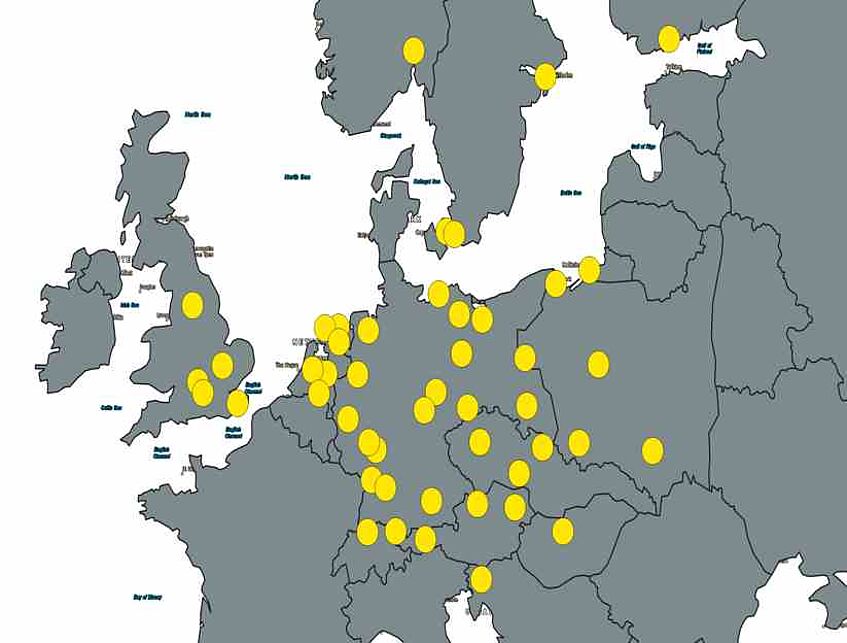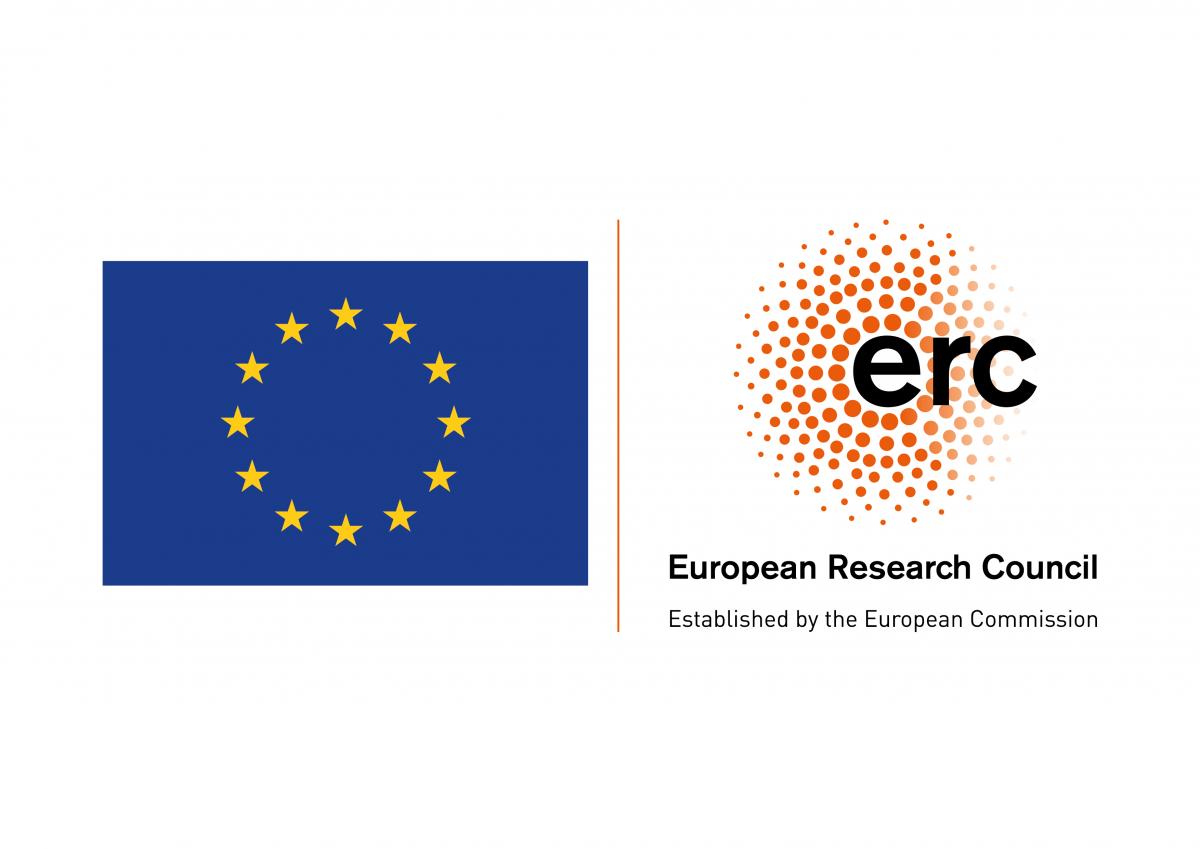The Project

Accounting offices in Europe according to
Institut international d'agriculture. Bureau des renseignements agricoles des maladies des plants, Les offices de comptabilité agricole dans les divers pays. Rome : Institut international d'agriculture, 19
The Project
Long before Big Data invaded the countryside with datafication and High Precision Farming in the 2010s, another data-revolution had taken place in Europe. The spread of bookkeeping to ordinary farmers that started in the second half of the 19th century represents a revolutionary phenomenon whose importance and magnitude have been underestimated by historians. After overseas competition hit European farmers in the 1870s, the diffusion of bookkeeping techniques among ordinary European farmers was an important component of the recovery. The farm accountancy offices that mushroomed in northern and central Europe thanks to the work of economists and agricultural unions were crucial to reach medium and small farmers. Such offices acted as consulting agencies to farmers, helping them manage their farms more efficiently. But the offices also aggregated farm accountancy data from individual farms to produce benchmarks and for statistical purposes. Farmers unions could thus use micro-data to enlighten macro-economic issues and guide policy decisions at different levels in a striking example of “stakeholders’ statistics.”
DATAREV investigates the diffusion of farm accountancy offices of continental Europe since the 1870s and the use of farm accountancy data by state and non-state actors in the first half of the 20th century. With its five subprojects, DATAREV thoroughly explores different aspect of the first data revolution, its actors and its consequences. It examines how economic and socially change was conceptualized and direct through accountancy data and statistics and how the peculiar structure of the agricultural business in Europe imposed constraints on bookkeeping unlike those at work in industry. It questions the agency in the datafication process and explores the conflicting claims to the data. Finally, it clarifies how farm accountancy data played a crucial role in the reorganization of the governance of European agriculture after the Long Depression.

